Prioritize faculty development
Mr. Vu Minh Duc - Director of the Department of Teachers and Educational Managers ( Ministry of Education and Training ) affirmed that higher education has a profound impact on many economic, social and cultural fields; at the same time, it plays an important role in developing high-quality human resources, promoting scientific research, enhancing national status, building a knowledge-based society and sustainable development.
In the university education system, lecturers hold a central position. They are not only the ones who impart knowledge, but also the ones who guide, advise and inspire students; at the same time, they are scientific researchers, create new knowledge and act as a bridge between the school and society.
According to statistics, the country currently has nearly 86,000 full-time lecturers at higher education institutions (of which the public sector accounts for more than 70,000). This team has nearly 750 professors, more than 5,900 associate professors, over 30,000 PhDs and nearly 50,000 masters. Over the years, the number and quality of university lecturers have continuously increased, gradually integrating internationally.
Affirming that the Party and State have many important policies and guidelines to build and develop the teaching staff and attract prestigious scientists at home and abroad; Mr. Vu Minh Duc cited that the Resolution of the 13th National Party Congress identified one of the three strategic breakthroughs as developing human resources, especially high-quality human resources; linking training with mechanisms for recruiting, using and rewarding talents; promoting research, transfer, application of science and technology and innovation.
The 10-year socio-economic development strategy for 2021-2030 also emphasizes the need for outstanding policies to attract and utilize domestic and foreign talents and experts. In particular, Resolution No. 57-NQ/TW of the Politburo has set out the requirement to develop a team of lecturers and scientists with high professional capacity in key areas such as basic science, semiconductor technology, microchip design, digital engineering, etc. At the same time, it is necessary to focus on expanding international cooperation with prestigious universities, modernizing training programs, innovating teaching methods and integrating advanced technology, including artificial intelligence.
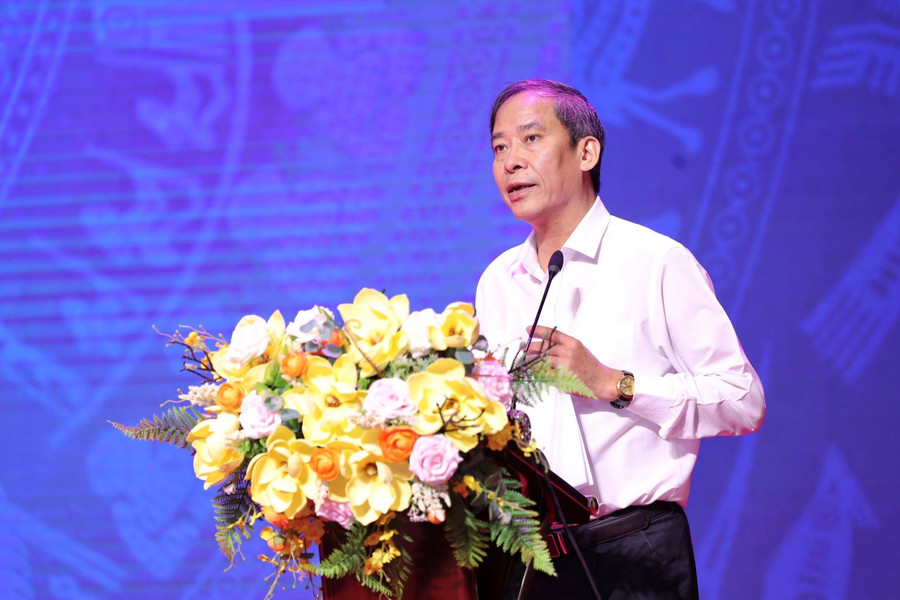
Recently, Resolution No. 71-NQ/TW of the Politburo continued to affirm that university education is the core of developing highly qualified human resources and talents, promoting the development of science, technology and innovation.
This document also emphasizes the need for special and outstanding preferential policies for teachers; building a mechanism to mobilize high-quality human resources outside of teachers to participate in teaching and training at educational institutions; encouraging experts and scientists to preside over research activities; and recruiting at least 2,000 excellent lecturers from abroad.
“The policy of attracting and providing worthy treatment is considered a great encouragement from the Party and the State for the teaching staff. When life and income are improved, teachers will feel secure in their work, wholeheartedly devote themselves to the career of educating people, and at the same time increase the attractiveness of the teaching profession in society,” Mr. Vu Minh Duc emphasized.
A key role in scientific research
Mr. Pham Quang Hung - Director of the Department of Science, Technology and Information (Ministry of Education and Training) commented that scientific research activities in higher education institutions have clearly developed in recent years. The number of scientific articles in prestigious international journals has increased rapidly by 12-15%/year. The higher education system contributes about 70% of the articles on WoS and 90% on Scopus nationwide. Higher education institutions are gradually becoming strong research subjects...
Despite remarkable achievements, scientific research activities at many schools still face challenges. The Ministry of Education and Training commented that the rate of increase in international publications is slowing down, requiring schools to shift from “quantity” to “quality”. Commercialization of research results is still limited.
Although financial resources for university science have increased, they still need to be used effectively. In particular, the gap in research capacity between schools is very large. Only a few top schools have reached the regional level, while many other schools have low publications and have not yet formed strong research groups. Scientific research and technology transfer are still "bottlenecks" when the revenue from these activities at most schools is very low.
To mobilize resources to promote science, technology and innovation activities in higher education institutions, the Department of Science, Technology and Information proposed that it is necessary to innovate management methods and budget allocation for science and technology activities in higher education institutions.
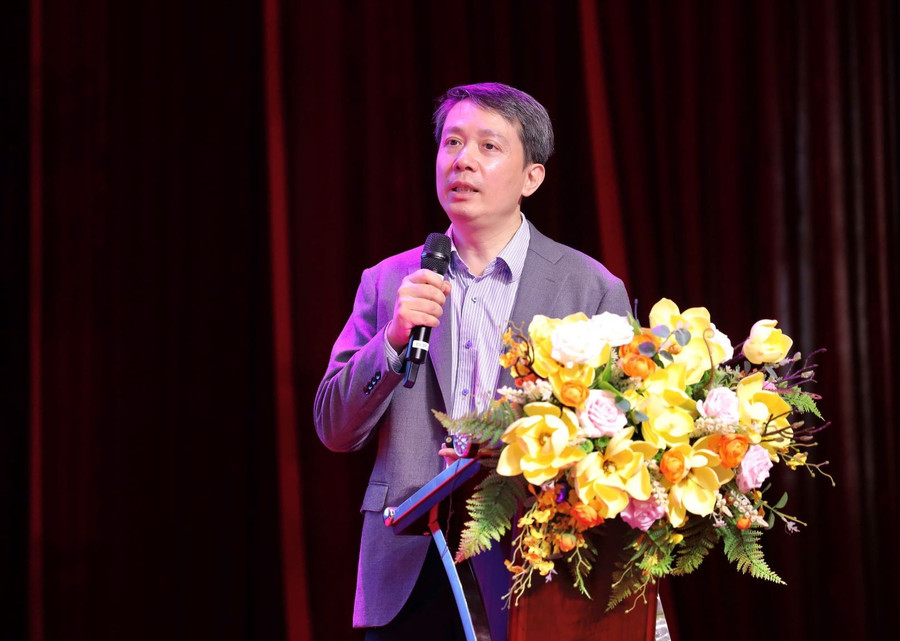
In the context of university autonomy, the most breakthrough solution to mobilize resources to promote science and technology activities and innovation in higher education is the mechanism to promote diversified revenue sources for higher education, promoting the strength of funding sources in cooperation with enterprises and funding sources mobilized from society.
Along with that, promote international cooperation in science and technology. In the context of nationalization and globalization, research cooperation is an opportunity for higher education institutions to increase financial resources and attract international experts to participate in the process of training, research and technological innovation in Vietnam.
Need to form AI centers in higher education
Discussing the application of AI in higher education, Mr. Nguyen Thanh Hung - Hanoi University of Science and Technology said: Along with the strong development of the Fourth Industrial Revolution, higher education institutions around the world have proactively researched and gradually applied artificial intelligence (AI) in training, research, management and operation activities.
Recent surveys show that the use of AI in higher education is becoming more popular and is on the rise, especially among students. However, despite the excitement, students are still concerned about the accuracy of these tools.
Survey data from the Global AI Student Survey 2024 shows that 86% of students use AI in their studies, 66% choose ChatGPT. Students mainly search for information (69%), check grammar (42%), summarize documents (33%). In terms of frequency of use, 24% of students use AI every day and 54% use AI in their studies at least once a week.
Meanwhile, lecturers and education leaders have a more cautious view. About 61% of lecturers have used AI in teaching, but most have only used it to a limited extent, and many have expressed concerns that relying on AI may cause students to lack critical thinking skills. In addition, issues such as academic cheating, data bias, and privacy are also of deep concern to lecturers and administrators. In particular, 59% of education leaders said cheating has increased, although 91% believe AI can enhance learning in the long term.
The biggest challenge today, according to Mr. Nguyen Thanh Hung, is not whether students use AI or not, but how to integrate AI effectively, both promoting benefits in learning and teaching, and ensuring academic quality, critical thinking, and integrity.
Presenting some important results in digital transformation at the University of Technology, Mr. Nguyen Thanh Hung especially shared about the eHUST digital transformation platform with an open architecture model, allowing effective integration of products in the ecosystem to create a unified service chain for learners, staff, and managers.
To successfully implement the goals of Resolution 71-NQ/TW, Mr. Nguyen Thanh Hung said that it is necessary to form AI centers in higher education as the core of research, technology transfer and human resource training, while also testing new teaching and management models.
Next, it is necessary to invest in modern data and computing infrastructure, build a unified educational database, interconnect and equip high-performance computing systems, open data warehouses, and digital learning material sharing platforms. This is the foundation for improving research, teaching and management capacity.
At the same time, it is necessary to develop AI human resources; strengthen public-private cooperation, mobilize financial resources, data, tools and practical environments from businesses, help AI applications align with social needs and promote innovation. Complete the legal framework and policies on data security, privacy, academic ethics, and at the same time build a mechanism to encourage research, innovation and quality assurance for educational programs and products applying AI.
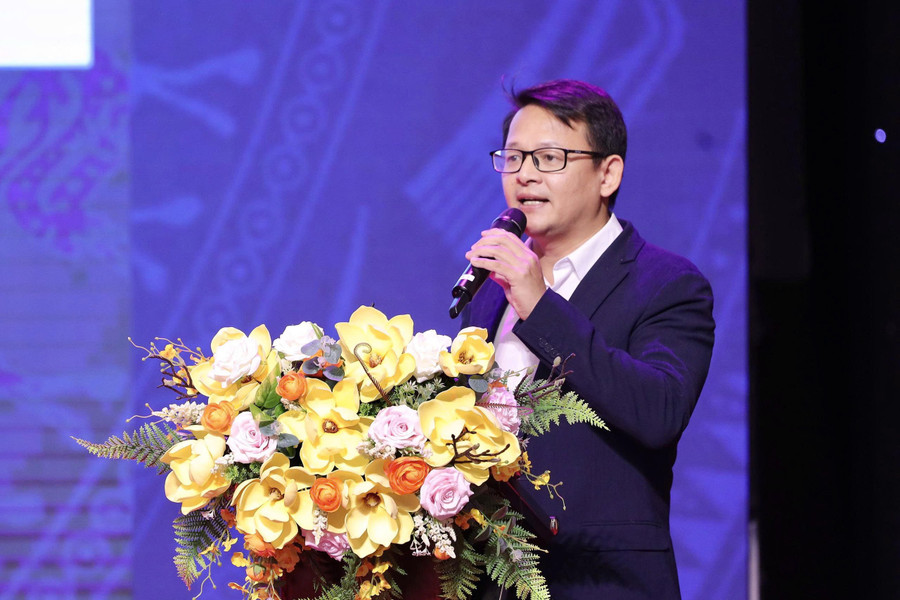
Quality control of training in the context of integration
From practice, at the conference, Mr. Tran Viet Dung - Vice Rector of Ho Chi Minh City University of Law proposed a number of solutions to control the input and output quality of training majors in the legal field. Accordingly, unifying input standards for majors and training institutions, while strengthening strict monitoring of output quality, is considered an essential requirement to ensure the quality of legal human resources in the context of international integration and extensive digital transformation.
Today's law graduates not only need to be solid in their expertise, but also need to adapt quickly to the modern legal environment, know how to apply technology, be fluent in foreign languages and possess sharp critical thinking.
Resolution No. 71-NQ/TW has clearly defined the orientation for education and training development in the new period - emphasizing and strongly innovating training programs according to international standards; integrating content on data analysis and artificial intelligence, entrepreneurship and start-up spirit; and at the same time requiring "strengthening the management of training quality in pedagogy, health, law and key industries".
Therefore, solutions to control the input and output quality of legal training need to be implemented synchronously and closely with the coordination between the Ministry of Education and Training, relevant state management agencies, law training institutions and the legal business community. A systematic investment in the legal training system is not only to meet the demand for highly specialized human resources in the country, but is also a key factor for Vietnam to deeply and effectively integrate into the international legal system.
Source: https://giaoducthoidai.vn/giai-phap-nang-cao-chat-luong-dao-tao-nghien-cuu-khoa-hoc-trong-giao-duc-dh-post748889.html



![[Photo] National Assembly Chairman Tran Thanh Man begins attending AIPA-46 activities](https://vphoto.vietnam.vn/thumb/1200x675/vietnam/resource/IMAGE/2025/9/18/73487ff8ed57412eab9211273946c14d)
![[Photo] Inside the Imperial Academy relic of Hue Citadel before the hundred billion dollar restoration](https://vphoto.vietnam.vn/thumb/1200x675/vietnam/resource/IMAGE/2025/9/18/77fd186af68341b1a8bffd072fa896a6)








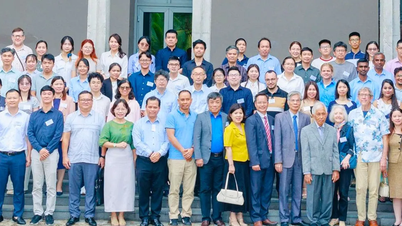





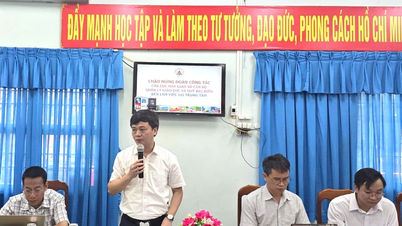
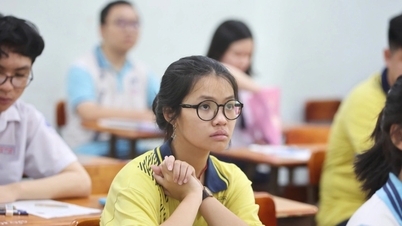

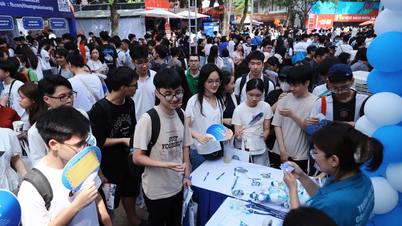








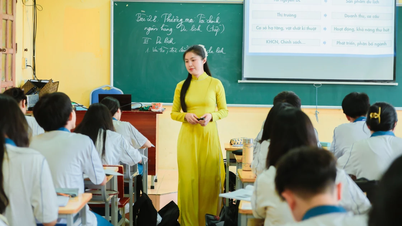

















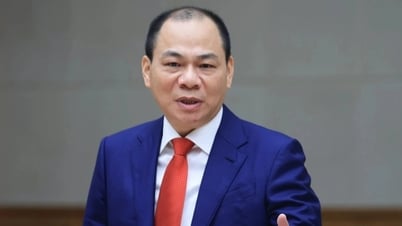







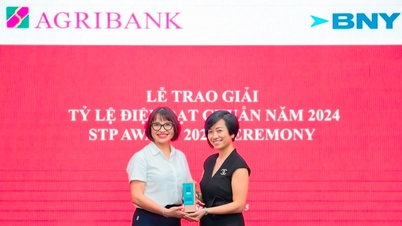












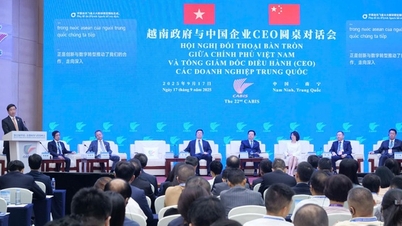

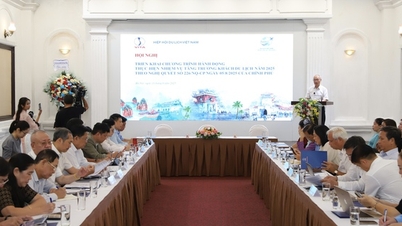




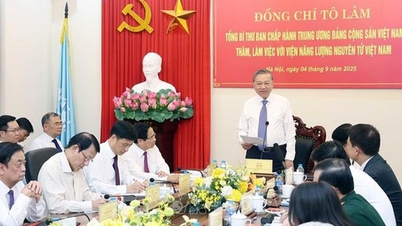









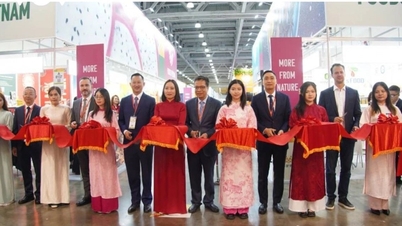










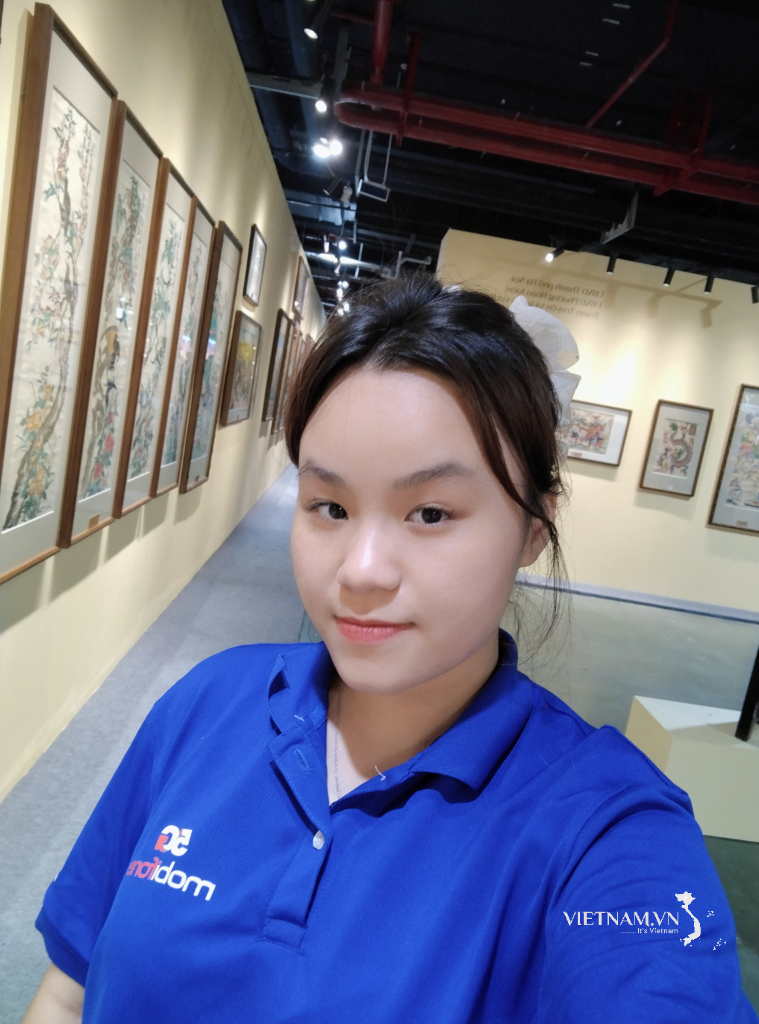


Comment (0)